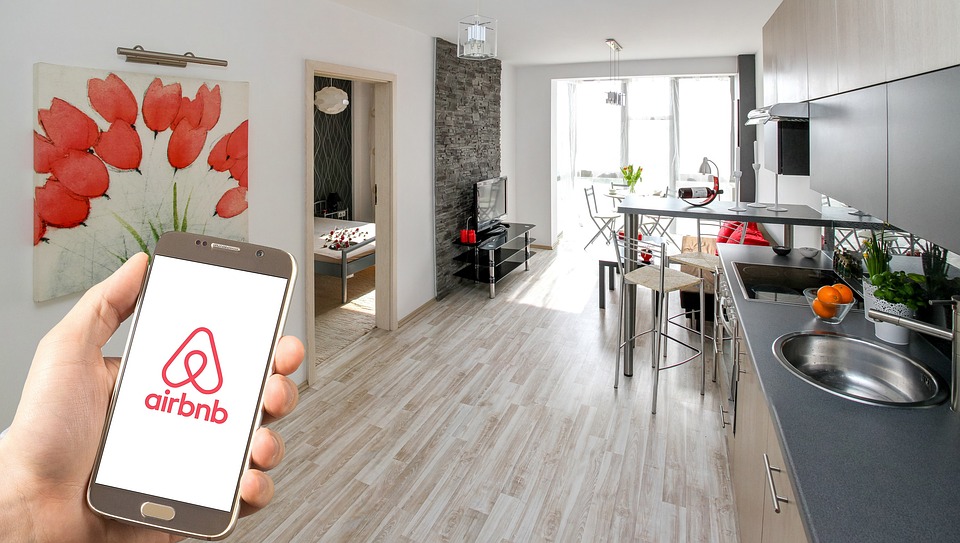How the Sharing Economy Allows Me to Travel the World

I’ve been fortunate enough to have a career that doesn’t limit me to an office. I work from wherever I have internet access, which means I try to travel as much as my bank account lets me.
From Fresno to France, Canada to Costa Rica, and soon Indiana to Iceland, I’ve been able to experience different cultures, languages, and, of course, meals that I otherwise wouldn’t be able to enjoy without the help of the sharing economy. Without ride and home-sharing apps like Uber, Lyft, and Airbnb, it would be much too cumbersome—and expensive—to get across a city, let alone a continent, which is why it’s baffling when others work to ban them.
The City of Austin famously had a conniption fit when Uber and Lyft were banned, then put even more pressure on Governor Abbott (R) when a dispute over fingerprinting requirements emerged. Outside of the United States, Uber is banned or heavily regulated in parts of Europe, China, South America, and Canada. Currently, one Spanish city is banning Airbnb in an effort to contain tourism, and even some cities in my home state of Indiana have gotten into a kerfuffle about Airbnb and the crony capitalism that only benefits local hotels.
What local, state, and federal governments don’t realize is that protectionism discourages competition, which is a bad deal for everyone. Whenever the supply of a service is limited, the equilibrium price for that service increases to more than the free-market level, according to basic economic theory.
As noted in a study about the sharing economy by Lee Harding and Gerard Lucyshyn about the taxi industry in Canada:
- Calgary has a population of approximately 1.4 million being served by 1,411 taxi cabs, approximately one taxi for every 1,000 people.
- Edmonton has approximately 1.3 million people, served by 1,319 taxis, again approximately one taxi for every 1,000 people.
- Toronto has a population of about 2.8 million people and 4,849 licensed taxicabs, which results in approximately 1.73 taxis for every 1,000 people.
This data indicates that, on average, more than 4,000 trips are made per taxi license per year. According to Harding and Lycyshyn, this means a reduction in consumer surplus, which is the consumer benefit measured by the difference between the amount the consumer is willing to pay and the actual amount they paid.
In this Canadian case, consumers are paying higher prices and the availability of ride services is reduced to protect high-cost suppliers. And when licenses are owned by only a few companies, it increases their incentive to lobby the government to restrict innovative companies from entering the market and undercutting taxi companies.
When governments, companies, and individuals decide that increasing competition isn’t “fair,” they either need to innovate or get left behind. After all, participation trophies belong on a Little League field, not in the free market.









